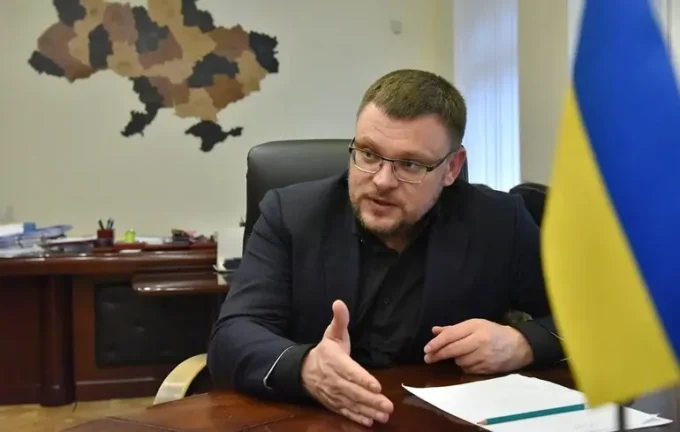The Role of the Attorney General in the Reform of Ukraine’s Anti-Corruption System: A Detailed Analysis and Future Challenges

In the context of Ukraine’s current legal landscape, the influence of Prosecutor General Ruslan Kravchenko on the independence of anti-corruption agencies has become critically significant.
According to information provided by NABU Director Semen Krynois, Kravchenko did not interfere with the operations of the National Anti-Corruption Bureau after the law №12414 temporarily restricted its independence.
During the period from July 22 to July 31, when NABU’s independence was restored, the Prosecutor General did not request case files nor determine jurisdiction, indicating an absence of direct intervention in the work of anti-corruption bodies.
This situation unfolded against the backdrop of new legislation №13533, which allows the Head of the Specialized Anti-Corruption Prosecutor’s Office, Andriy Klymenko, to resume notifying top officials of suspicion.
Additionally, the law mandates that officers of NABU and other law enforcement agencies with access to state secrets undergo two checks annually: one conducted by NABU’s internal control unit with polygraph use, and another, initiated within six months, by SBU without mandatory polygraph testing.
The key challenge for NABU now is expanding its team of polygraph experts to enhance internal oversight.
The broader political context shows that after the adoption of law №12414 in July, Ukraine experienced a deepening crisis of trust in its anti-corruption institutions, prompting the president’s office to propose a new law №13533 aimed at restoring the independence of NABU and SAP.
Once signed into law by President Zelensky, this initiative marked a crucial step toward re-establishing effective and autonomous anti-corruption agencies.
The pressing issue today for the Ukrainian Parliament is whether lawmakers will recognize the reality and pass the new presidential bill, which promises to restore the independence and stability of NABU and SAP, or whether failure to do so will worsen the crisis and threaten the country’s European integration prospects.
The future of Ukraine’s anti-corruption infrastructure hinges on this political decision, which may well prove to be a historic and defining moment for Ukrainian statehood.

